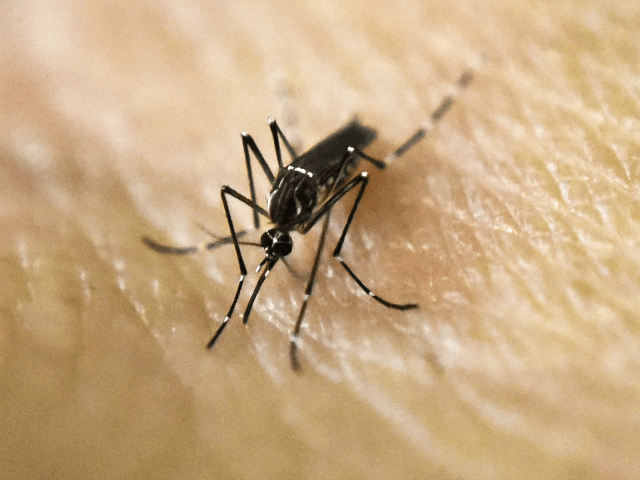A Colombian businessman has fully recovered from the Zika virus after doctors diagnosed him in Johannesburg, South Africa.
“The infection was acquired in Columbia prior to his visit to Johannesburg for business. Columbia is currently experiencing a large outbreak of the Zika virus,” declared the Department of Health.
The man reported a fever and rash four days after he landed in South Africa. The National Institute for Communicable Diseases (NICD) performed a test that came back positive for Zika.
“The NICD can confirm that indeed the test confirmed the diagnosis of the Zika Virus Infection in the Columbian businessman visiting Johannesburg. The man experienced mild illness and has made a full recovery,” stated NICD Deputy Director Lucille Bloomberg.
In late January, the NICD said the country “is not likely to be at risk of Zika.” Bloomberg reported that the Aedes aegypti mosquitoes, which carry the virus, “have not been shown to be competent vectors” in this part of the world.
The virus surfaced on Cape Verde, an island located off the coast of Senegal, in October. Since then, doctors have confirmed more than 7,000 Zika cases. Clinics have diagnosed 100 pregnant women with the virus, but doctors report no one has found evidence of microcephaly in any scans. Microcephaly occurs when the brain does not form properly during the pregnancy or after birth, leading to smaller than normal heads.
The discoveries have instilled fear into experts that the disease might spread to Africa, returning after two Scottish scientists discovered it in Uganda 70 years ago. While primarily found in Africa, Aedes aegypti mosquitoes live in all but two nations on the Western Hemisphere. (Chile and Canada are the exceptions.) The species also carries dengue, yellow fever, and chikungunya.
“The confirmation of this particular case poses no risk to the South African population as the virus is not transmitted from human to human but through the Aedes aegypti mosquitoe [sic], and/or possibly from mother to the foetus in pregnant women,” continued the Health Department.
The World Health Organization (WHO) said the disease “appears to have changed in character.” Mary Kay Kindhauser said the virus mutated “as it moved through Asia – from an infection causing limited cases of mild illness to one leading to large outbreaks and, from 2013 onwards, linked to babies born with neurological disorders and abnormally small heads.”
“There are a few genetic differences between the African and Asian lineages, and it looks like the Asian lineages may be better able to transmit and flourish in a human population,” said Jimmy Whitworth of the London School of Hygiene and Tropical Medicine.
The Centers for Disease Control (CDC) placed Cape Verde on its travel warning list at the Level 2 alert, urging travelers to “practice enhanced precautions.”
“Cape Verde has historical links with Brazil and it seems very likely it has got there from Brazil,” explained Zika expert Nick Beeching of the Liverpool School of Tropical Medicine.
He believes the virus will land on the mainland due to “regular flight connections from the Atlantic islands.”
Colombia has recorded 37,000 Zika cases, among them 6,300 pregnant women. Doctors “confirmed the presence of Zika in 522 of those cases.” Unlike Brazil, Colombia has not linked any babies with microcephaly to Zika, even though the country has the largest number of Zika cases.

COMMENTS
Please let us know if you're having issues with commenting.